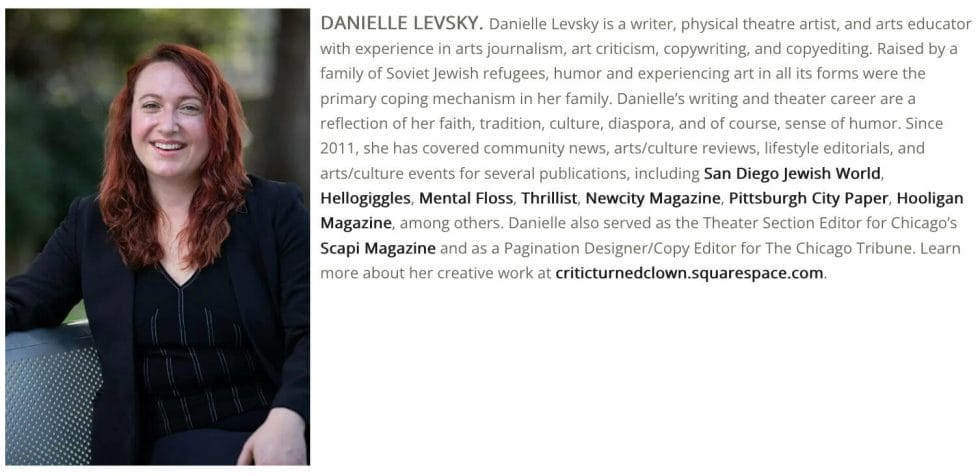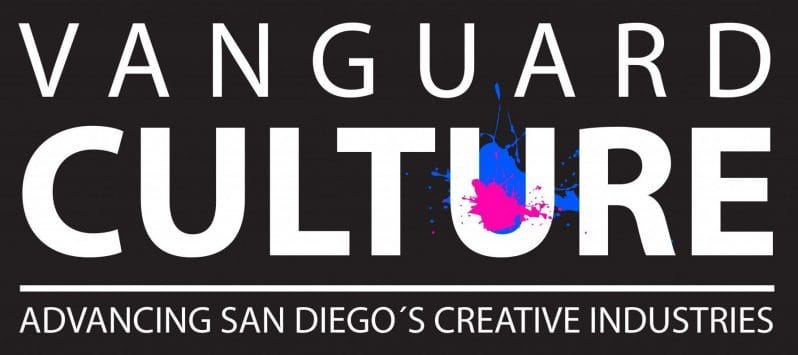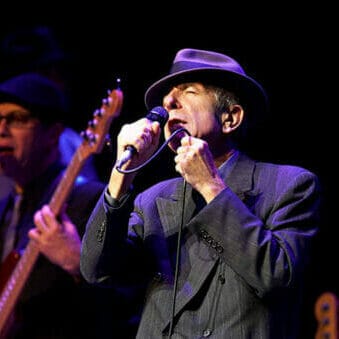By Danielle Levsky
February 18, 2023
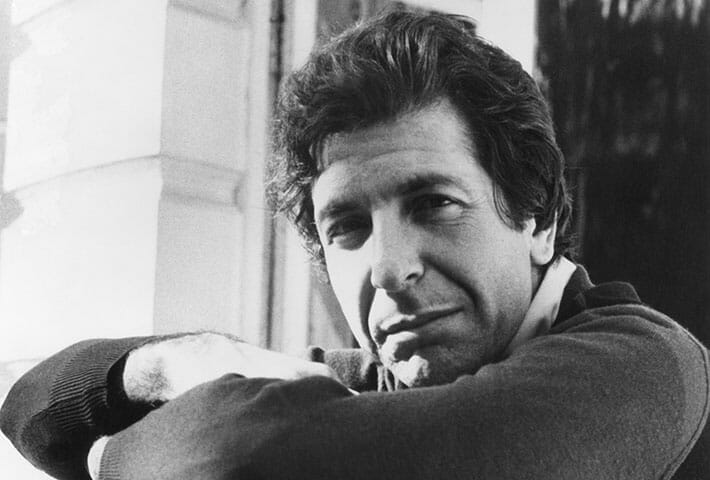
Directors Dayna Goldfine and Daniel Geller first saw Leonard Cohen perform in Oakland in 2009, when the singer started to perform his hit song “Hallelujah”.
Goldfine first had a spine-tingling experience watching Cohen perform Hallelujah during his five-year tour in 2008.
Fast forward a few years later, Geller and Goldfine were having a dinner conversation with film critic David Thomson, who was questioning if it would be possible for him to write a book about a song. Ultimately, he concluded he could not, but wondered if it would be possible to create a film about a song.
Geller remembered Cohen’s performance of Hallelujah and felt that it was the perfect subject for a film, exploring Cohen’s artistic process and his voice as a seeker.
The documentary film Hallelujah: Leonard Cohen, A Journey, A Song, which will be screened on Monday, February 21 at The San Diego International Jewish Film Festival (SDIJFF), explores Leonard Cohen’s life, his Jewish heritage, and the creative process behind his iconic song “Hallelujah.” Directed by Dayna Goldfine and Daniel Geller, the film features rare archival footage, interviews with Cohen’s family, friends, and collaborators, and performances of his music by contemporary artists.
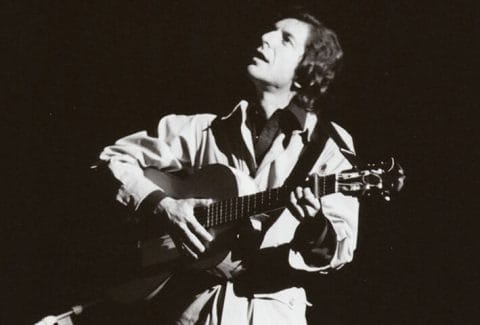
The filmmakers wanted to explore the themes of spirituality and seeking that are present in Cohen’s life and music.
“We wanted to share the perspective of Leonard [Cohen] trying to find his way, through various spiritual engagements,” Goldfine said. “He had a longing in his heart, a presence that needed to be healed, which we all feel at various points of our lives.”
Cohen explored spirituality through the lens of Judaism and Buddhism. He was born to an Orthodox Jewish family in Quebec. Cohen once said that he a “very Messianic childhood, [he] was told [he] was a descendant of Aaron, the high priest.” He also explored Buddhism and meditation. In the making of the film, Goldfine saw that Cohen was trying to understand and come to terms with his “lifelong quest to resonating presence.”
“The more the film developed, we realized that this was the essential moment we should go towards,” Goldfine said.
Goldfine explained that the film is based on first-person accounts, including interviews with people like Dominique Izzerman, a woman Cohen was deeply involved with when he wrote Hallelujah, and journalist Ratso Sloman, who had a professional relationship with Cohen that evolved into a 20+ year friendship.
Goldfine was particularly interested in Sloman’s point of view; Sloman recounted Cohen telling him once that he “hoped he would become an elder.” Cohen was interested in what it would be like to be an older man, standing in front of an audience at the vantage point of 60/70-years-old.
“[Sloman] mentioned this, and correlated it to the fact in Judaism, you can begin to study Kabbalah at the age of 40,” Goldfine said. “[Cohen] had not articulated that, but the fact that [Sloman] could extract that is significant.”
The filmmakers also spoke about the importance of including the perspectives of people like Nancy Bacall, Cohen’s lifelong friend; Rabbi Mordechai Findley, who became Cohen’s rabbi later in life, and Sharon Robinson, who Cohen took under his wing when she was young.
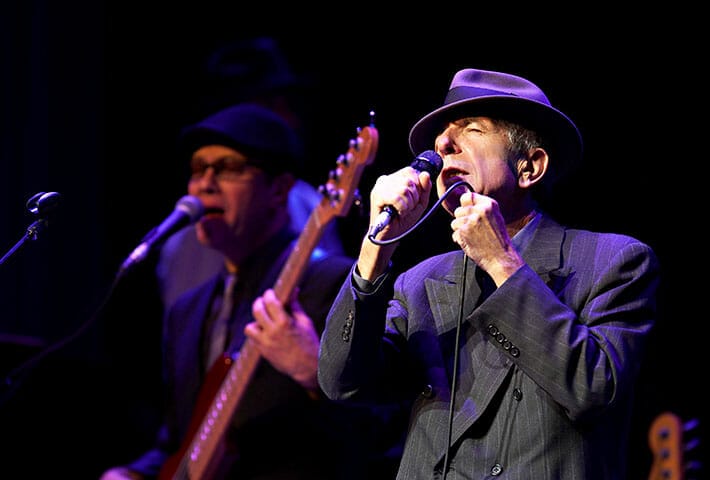
Outside of the interviews, during the making of the film, the filmmakers discovered that Cohen had a deep sense of humor, which came through in his lyrics and in his interviews. Geller described Cohen’s sense of humor as “prototypical Jewish,” and said that it was unexpected for him to discover this side of Cohen’s personality.
“If you stop and read the lyrics, there is a very droll sense of humor,” Geller pointed out. “Cohen had a particularly Jewish way of understanding darkness, with a shrug of the shoulders and a quip. This made for fun some surprises as we unearthed audio and video interviews in the 60 years he was in the public eye.”
These joyous moments and others made their way into the film, which ultimately became a labor of love that honors Cohen’s legacy and celebrates his lasting impact on the world of music. The film has already received critical acclaim, with The Hollywood Reporter calling it “an intimate and illuminating portrait of a great artist,” and The New York Times praising its “sensitive and insightful approach to Cohen’s life and work.”
Catch the film in person on Monday, February 21 at The San Diego International Jewish Film Festival (SDIJFF), or if you prefer to stream the movie online, you can check it out on Netflix, Youtube, Google Play, Redbox, and more.

